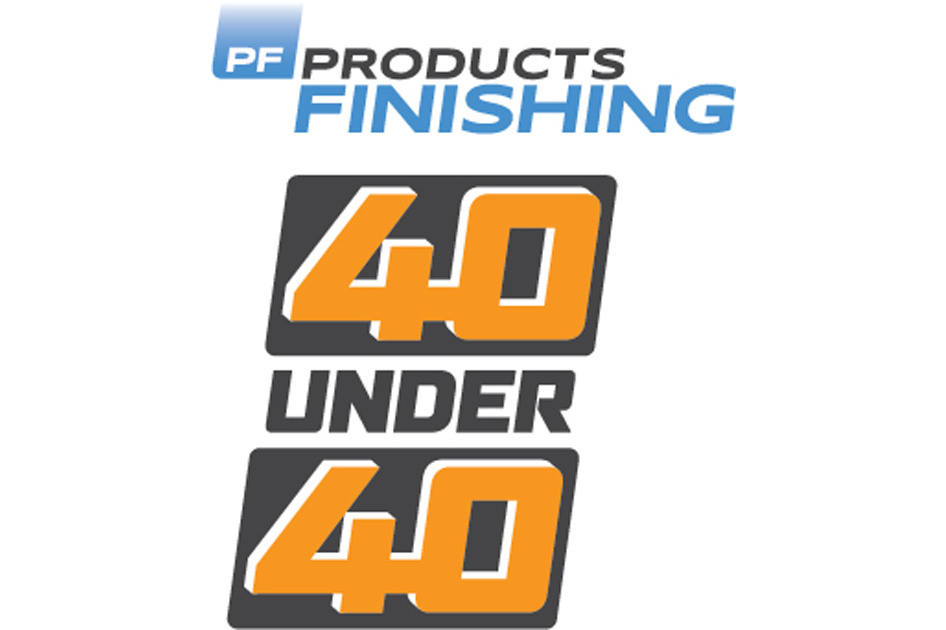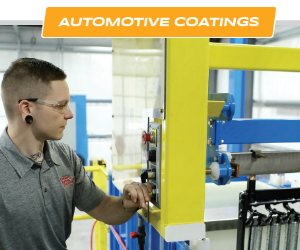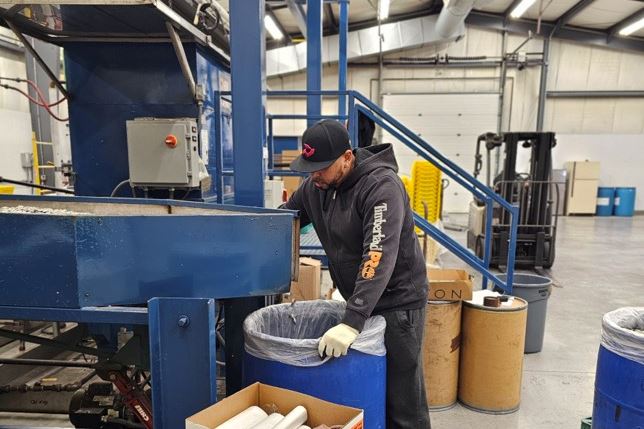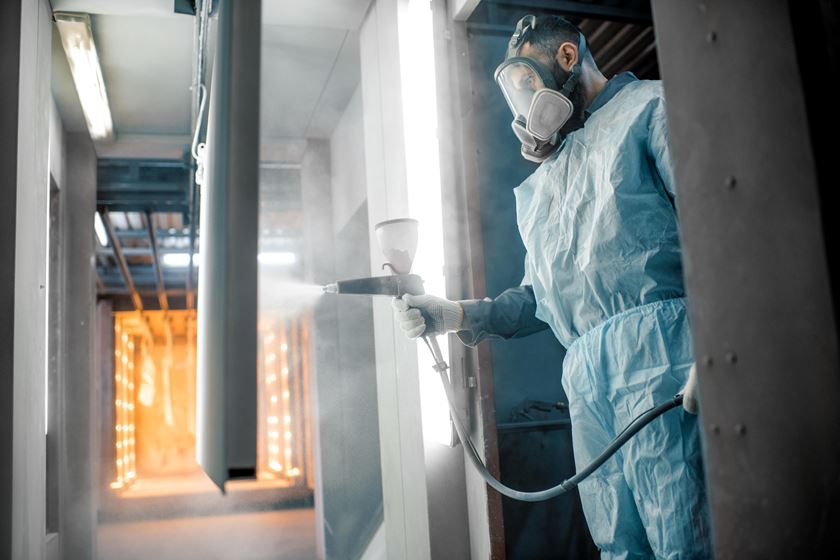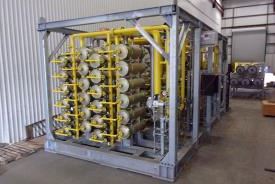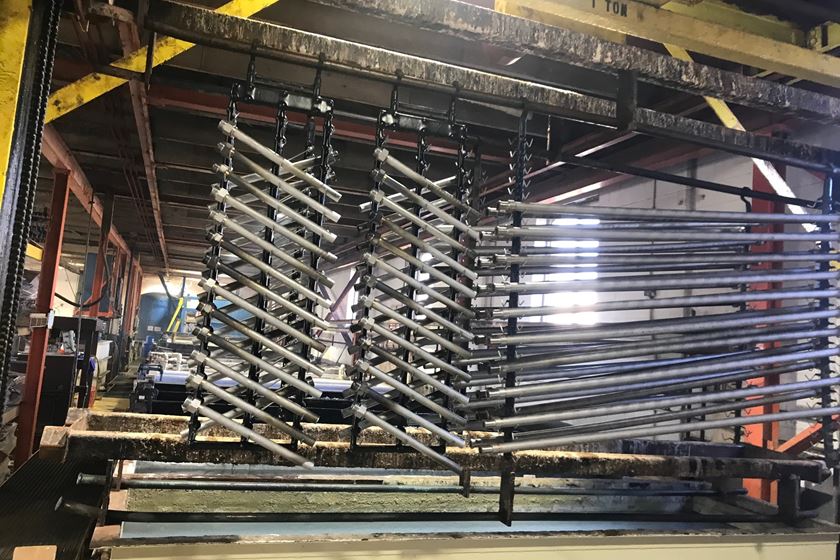Valence Seattle Now Offers Full Suite of Anodizing Services
Appears in Print as: 'End-to-End Surface Finishing Available at Valence Seattle'
Valence Seattle’s recently completed expansion allows it to perform hard (type III) anodizing, meaning the site now can perform a full suite of anodizing services.
Edited by Evan Doran

Valence Seattle’s (Seattle, Wash.) recent expansion allows the company to offer hard anodizing services for the aerospace and defense supply chain in the Pacific Northwest. Valence’s Seattle operations have a long history of offering chromic (Type 1) and sulfuric (Type II) anodize. The addition of hard (Type III) anodize enables a full suite of anodizing services for parts where corrosion, heat and wear resistance are critical to safe flight operations, and allows Valence to provide complete end-to-end surface finishing services to its customer base.
Valence Seattle has already achieved approval for Boeing’s BAC 5821 hard anodize along with military specification MIL-A-8625 Type III for Collins Aerospace, and is actively pursuing additional OEM approvals.
Valence Seattle’s 32,000 square-foot facility in the heart of Washington’s aerospace hub offers full-service NDT (penetrant and magnetic particle inspection), aluminum and hard metal chemical processing, shot peen and paint services. The company has two highly efficient process lines for titanium, steel and aluminum processing including chem film, type I, type II and now type III anodize. It maintains 24/7 operation alongside its lean manufacturing philosophy and MRP system with RFID tracking.
RELATED CONTENT
-
Aluminum Anodizing
Types of anodizing, processes, equipment selection and tank construction.
-
What is the Correct Anodizing Specification?
My company fabricates aluminum and steel pedestrian bridge railing among other bridge parts. We recently got an aluminum railing job that called for “Type I” anodizing per MIL-A-8625. There was no anodic coating thickness called out. We are not anodizers and we are at a loss as to how to write up a meaningful anodizing specification for this railing.
-
Aluminum Surface Finishing Corrosion Causes and Troubleshooting
In this paper, a review of several process solutions, examining coolants, solvent cleaning, alkaline clean/etch and deoxidizing/desmutting, listing intended and unintended chemical reactions along with possible mechanisms that would favor corrosion formation.






